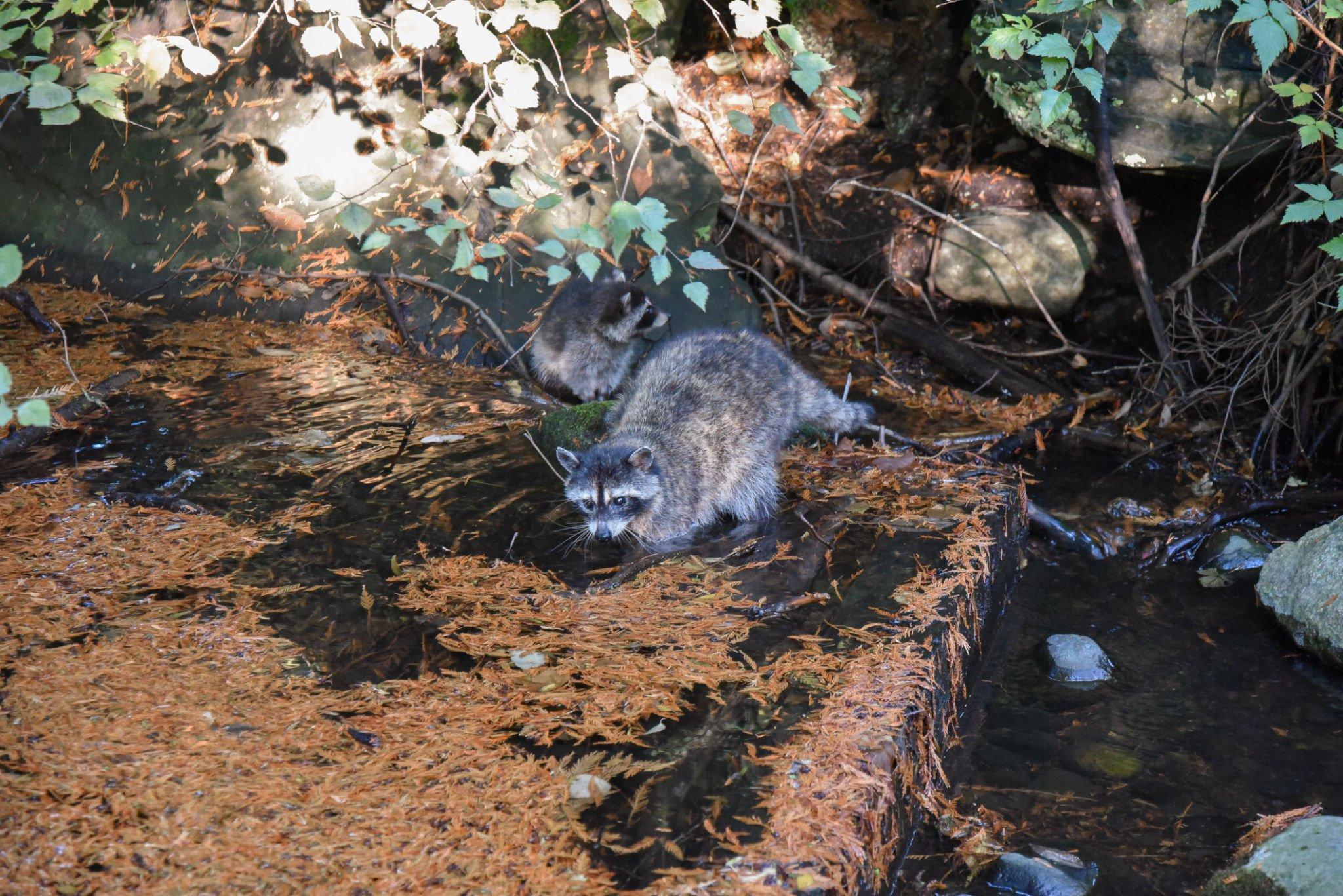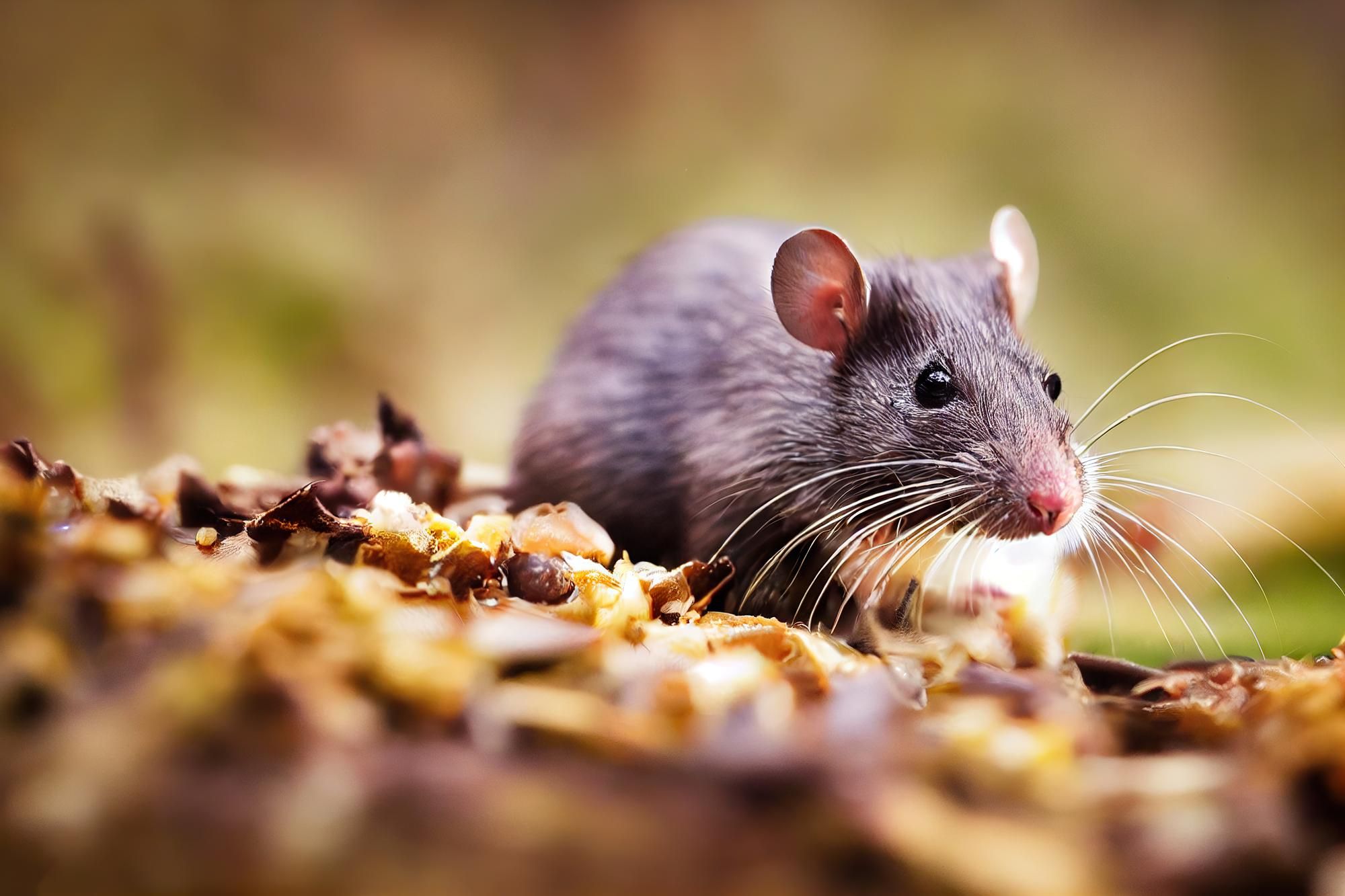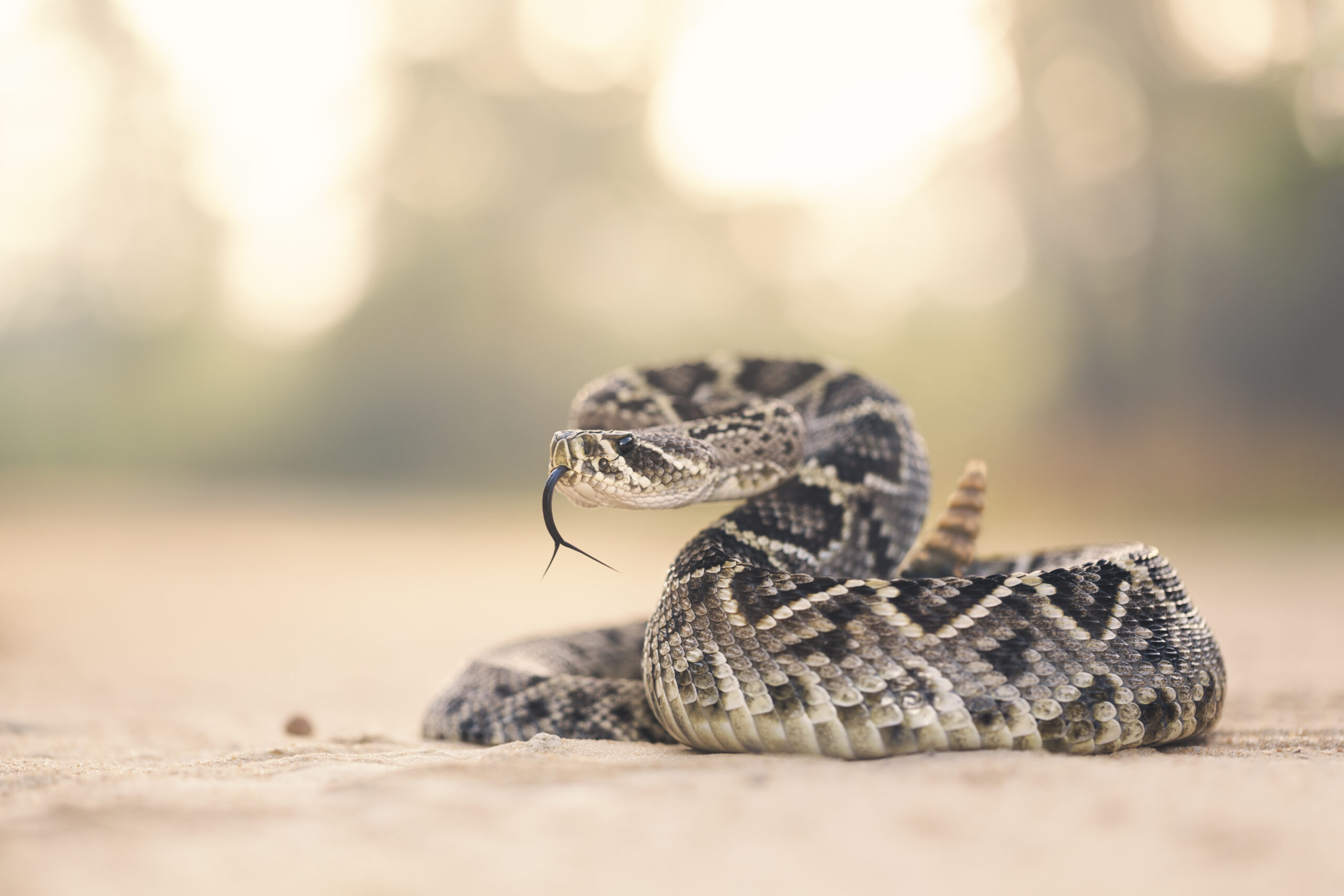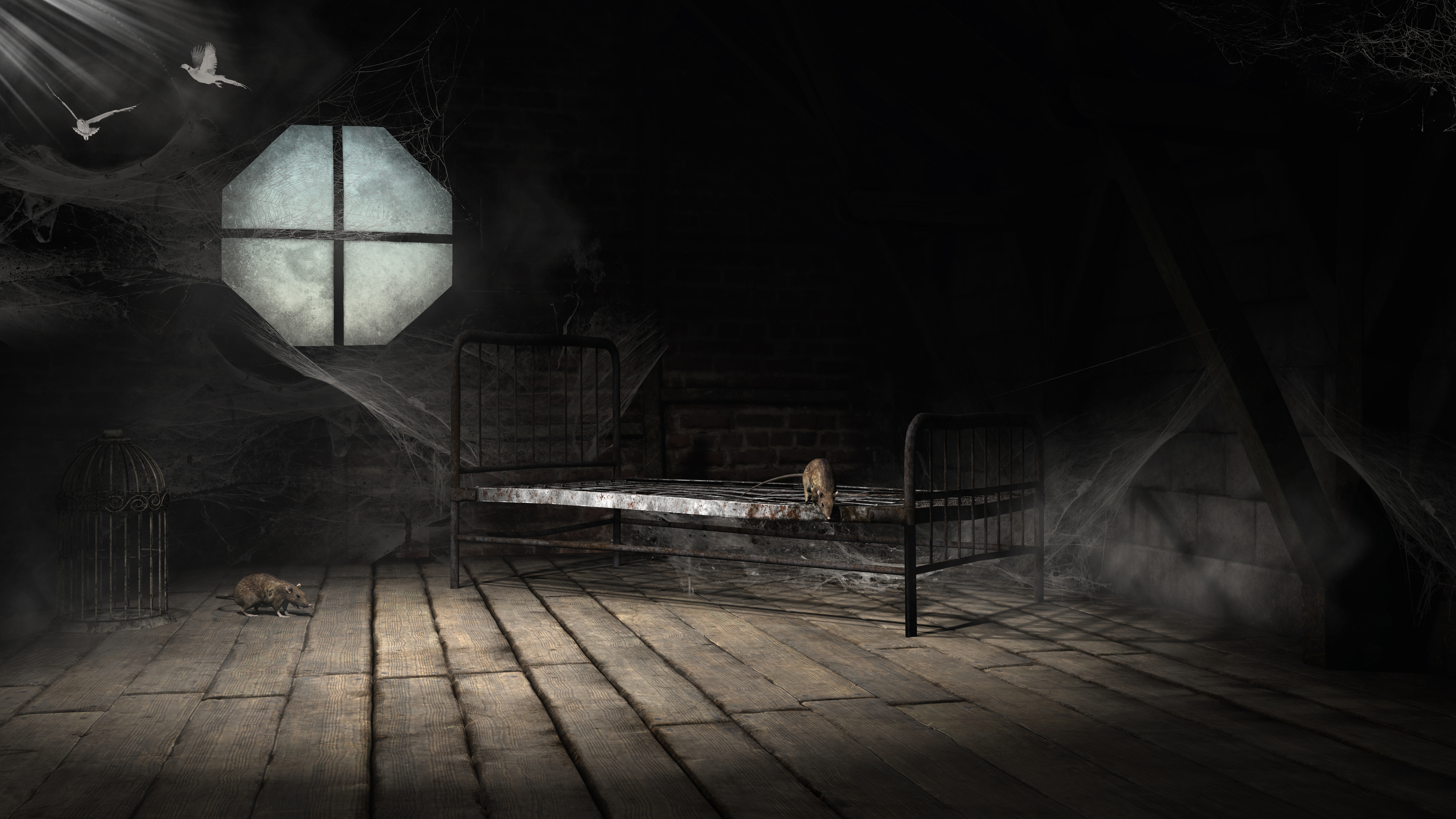What Homeowners Should Know About Raccoon Infestations
Are strange noises keeping you up at night? If you suspect a raccoon infestation in your attic, you may be wondering what kind of damage these furry pests can cause.
As homeowners, we take pride in maintaining our homes and keeping them in good condition. However, despite our best efforts, some pests and wildlife can find their way into our homes, and one such example is the raccoon.
Raccoons are cute and cuddly-looking creatures, but their presence in our homes can cause significant damage. Are you wondering what damage can a raccoon infestation in an attic cause? Let’s take a look.
What Damage Can a Raccoon Infestation in an Attic Cause?
Raccoons are sneaky creatures that can find their way into your attic or roof. Once they get in, they can cause a lot of damage to your home.
Raccoons like to use insulation, wood, and even electrical wiring to make their nests. This means they might chew on wires, which could cause electrical fires. This is a serious danger to your family and your home.
As well, raccoons can chew through pipes, which can cause leaks and water damage to your home. They might also make holes in your roof or walls, which can let water in and cause rot and mold. These damages can be very expensive to fix and can make your home less valuable.
Raccoon Infestation
If raccoons take over your attic, they can cause a lot of trouble and noise, especially at night. Raccoons are active at night and make a lot of noise, including scratching, scurrying, and loud vocalizations. This can be very disruptive and make it hard to sleep. Plus, raccoon urine and poop can leave a bad smell in your home.
What’s more, raccoons can carry diseases that can harm you and your pets. Their droppings can have bacteria and viruses that cause respiratory illnesses and infections.
If raccoons infest your home, you and your family can get sick. This is especially risky for kids, older adults, and people with weakened immune systems.
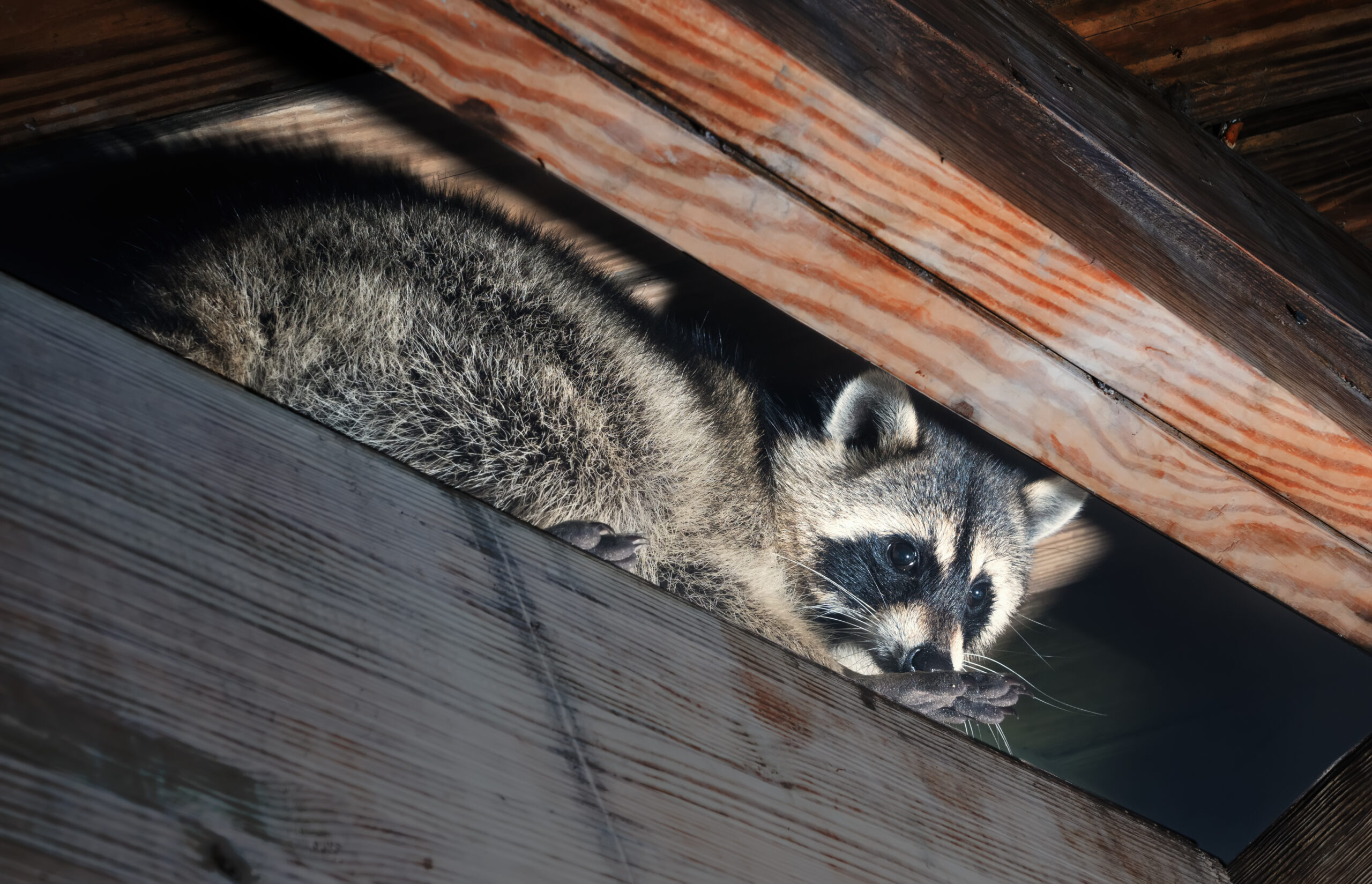
Raccoon Removal
If you suspect you have raccoons in your house, it’s important to get help from a wildlife removal expert right away. Trying to remove raccoons by yourself can be dangerous because they can be aggressive and territorial. A professional wildlife removal service has the proper tools and experience to remove raccoons from your house.
A wildlife removal expert can also evaluate how much damage raccoons have caused and suggest how to fix it. It’s crucial to repair any damage caused by raccoons at speed to stop further infestations and damage.
Signs of Racoon Infestation in Your Attic
Raccoons are common pests that can infest attics and cause significant damage to homes. If you suspect that you have a raccoon infestation in your attic, there are several signs to look out for.
The first and most obvious sign of a raccoon infestation is loud noises coming from your attic, especially at night. Raccoons are nocturnal animals, and they are most active during the night. So if you hear noises such as scratching, thumping, or scurrying, it could be a sign of a raccoon infestation.
Another sign of a raccoon infestation is the strong, unpleasant odors coming from your attic. Raccoons have a distinct musky odor that can be overwhelming when they infest your home.
This odor can also be a sign of urine and feces. It can accumulate quickly and pose health hazards to you and your family.
Other signs of a raccoon infestation in your attic include:
- chewed or frayed wires
- Torn insulation
- visible damage to your roof and siding
Raccoons are known to chew through wires and insulation, which can cause electrical hazards and increase your energy bills. They can also damage your roofing and siding, which can lead to water leaks and other structural problems.
Preventing Raccoon Infestations in Your Attic
Prevention is key when it comes to avoiding a raccoon infestation in your attic. To keep these unwanted guests out of your home, there are several preventive measures you can take.
One of the most important preventive measures is to secure all openings in your roof and attic. This includes any holes or gaps that may exist due to wear and tear or poor construction.
Raccoons are skilled climbers and can gain access to your home through openings as small as about 4 inches in diameter. Therefore, it’s essential to inspect your roof and attic for any openings.
Trimming tree branches that hang over your roof is another effective way to prevent raccoon infestations. Raccoons often use overhanging branches as a way to access your roof and attic. So trimming these branches back will make it more difficult for them to get inside your home.
Storing food and trash in sealed containers is also crucial in preventing raccoon infestations. Raccoons are attracted to food sources and can easily access garbage cans and other containers if they are not properly sealed. By storing food and trash in sealed containers, you can minimize the chances of attracting raccoons to your home.
Other Considerations for Prevention
Regular inspection and maintenance of your roof and attic can also help detect any potential entry points and prevent infestations. Scheduling regular inspections with a professional can help you identify any weaknesses or damage to your roof or attic that could lead to a raccoon infestation.
In addition to these preventive measures, it’s also important to remove any potential attractants around your home. This includes removing any fruit or nuts that have fallen from trees. You can also secure pet food and bird feeders and remove any standing water from your property.
Why DIY Raccoon Removal is a Bad Idea
While it may be tempting to try to remove raccoons from your attic on your own, it is generally not a good idea. There are several reasons why DIY raccoon removal can be dangerous and ineffective.
Firstly, raccoons can be aggressive when threatened, and they can transmit diseases through bites and scratches. Attempting to remove a raccoon on your own can put you and your family at risk of injury and infection.
Secondly, removing raccoons on your own can often result in an incomplete removal, leading to recurring infestations. Raccoons can be difficult to locate and remove. If you miss even one, they can result in a new infestation in a short amount of time.
Thirdly, DIY raccoon removal methods can often be inhumane and unsafe. Using traps or poisons can harm not only the raccoons but also other wildlife and pets in the area. Wildlife removal professionals use humane and safe methods to remove raccoons from your home, ensuring that both raccoons and your family are safe and protected.
The Cost of Raccoon Damage and Infestations
The cost of raccoon damage and infestations can add up quickly. Repairing chewed wires, torn insulation, and damaged roofing and siding can cost thousands of dollars.
Moreover, the health hazards associated with raccoon infestations can result in medical bills and missed work. By addressing raccoon infestations promptly and effectively, you can save yourself from these costs and protect your home and your family’s health.
The Benefits of Hiring a Wildlife Removal Professional
When you hire a professional wildlife removal service, you benefit from their expertise and experience in dealing with raccoon infestations. Wildlife removal professionals have the knowledge and tools necessary to remove raccoons safely and effectively, without harming the raccoons or your home.
One of the biggest benefits of hiring a wildlife removal professional is that they use humane and safe methods to remove raccoons from your home. This means that the raccoons are not harmed or killed, and they are released into the wild in a safe and appropriate location.
Another benefit of hiring a wildlife removal professional is that they can provide recommendations for repairs and preventive measures to ensure that raccoons do not return to your home. This can include sealing all openings on your roof and siding, repairing any damage caused by raccoons, and installing deterrents such as motion-activated lights and sound machines.
Wildlife removal professionals also have the necessary equipment and protective gear to safely remove raccoons from your home. This includes traps, gloves, and masks to protect themselves and your home from potential hazards such as urine and feces.
Additionally, hiring a wildlife removal professional can save you time and money in the long run. Attempting to remove raccoons on your own can be time-consuming and ineffective, leading to recurring infestations and further damage to your home.
Hire a Wildlife Professional to Get the Job Done Right
A raccoon infestation in your attic can cause significant damage to your home and pose health hazards to you and your family. If you suspect that you have a raccoon infestation, do not hesitate to contact a wildlife removal professional. They can remove raccoons from your home in a proper manner and provide recommendations for repairs to prevent further damage and infestation.
If you are a homeowner in need of pest removal services, we encourage you to find a reputable wildlife removal professional near you. Protect your home and your family by addressing any pest or wildlife infestations as soon as possible.
